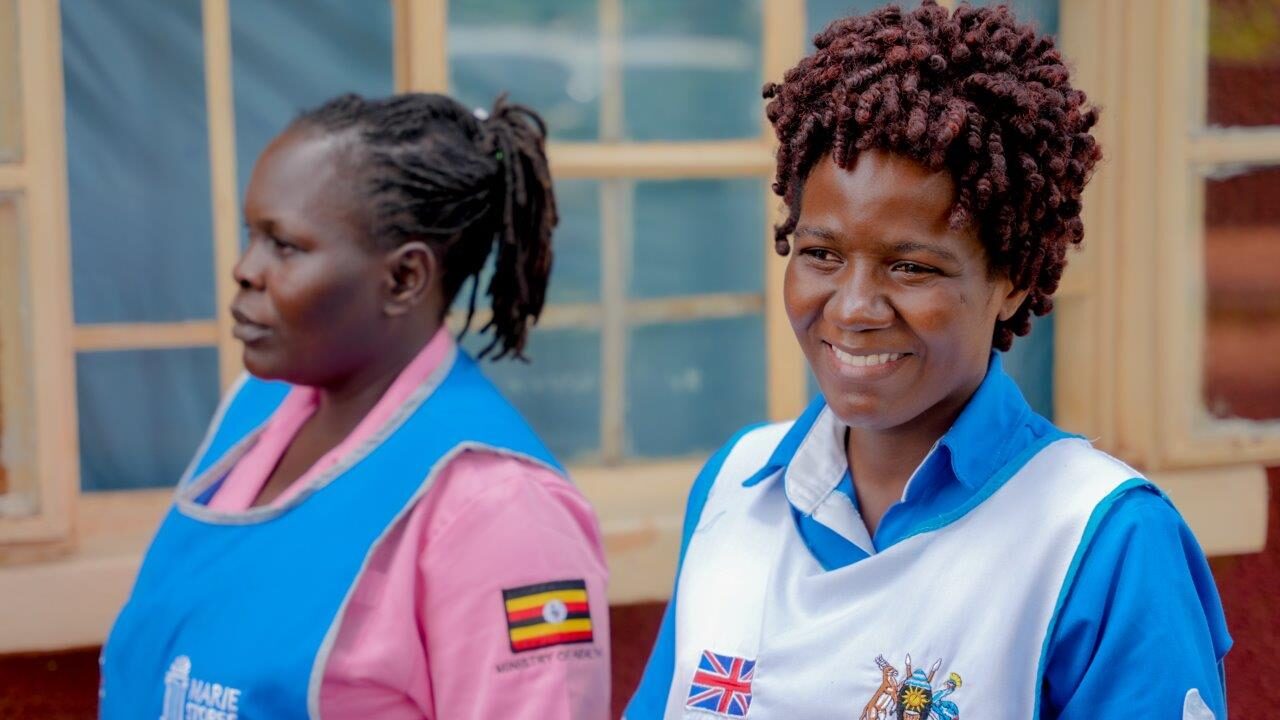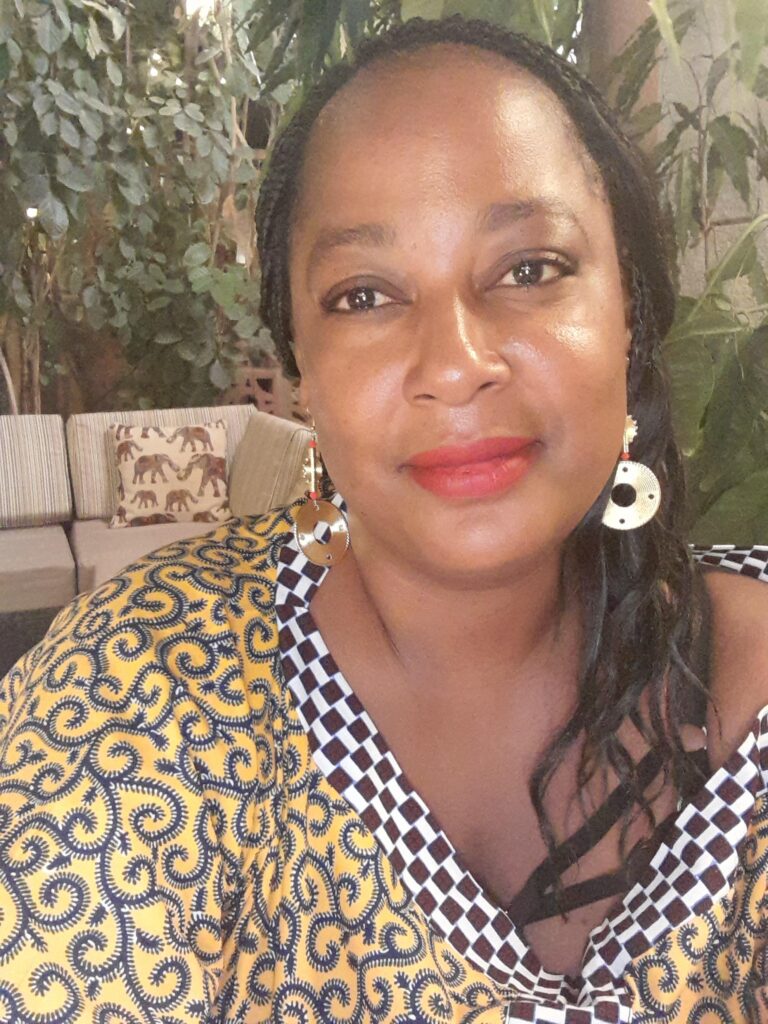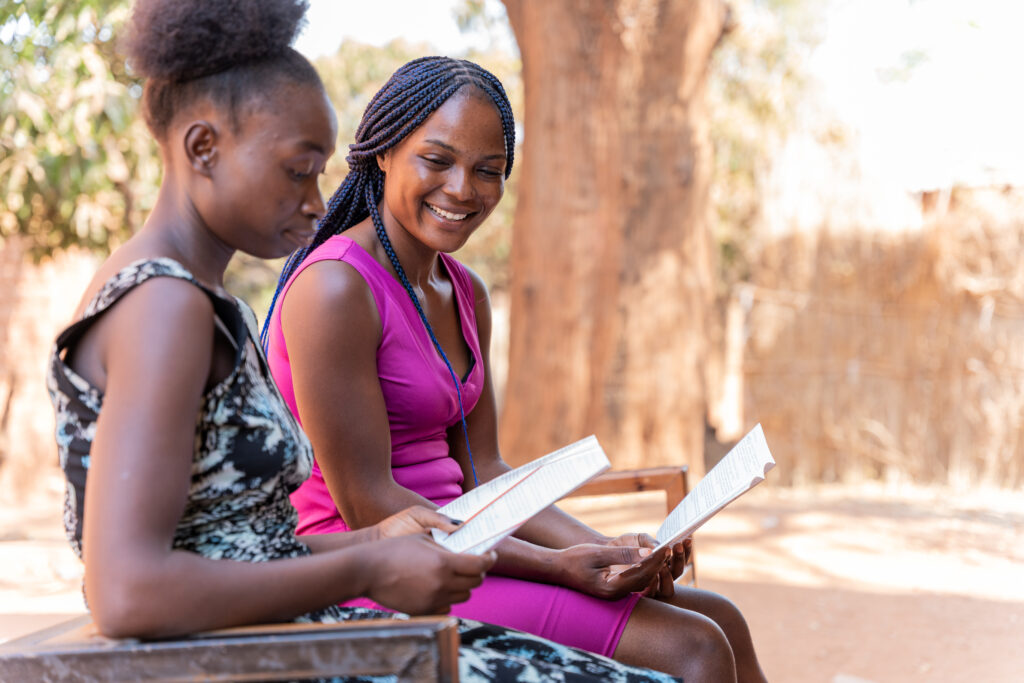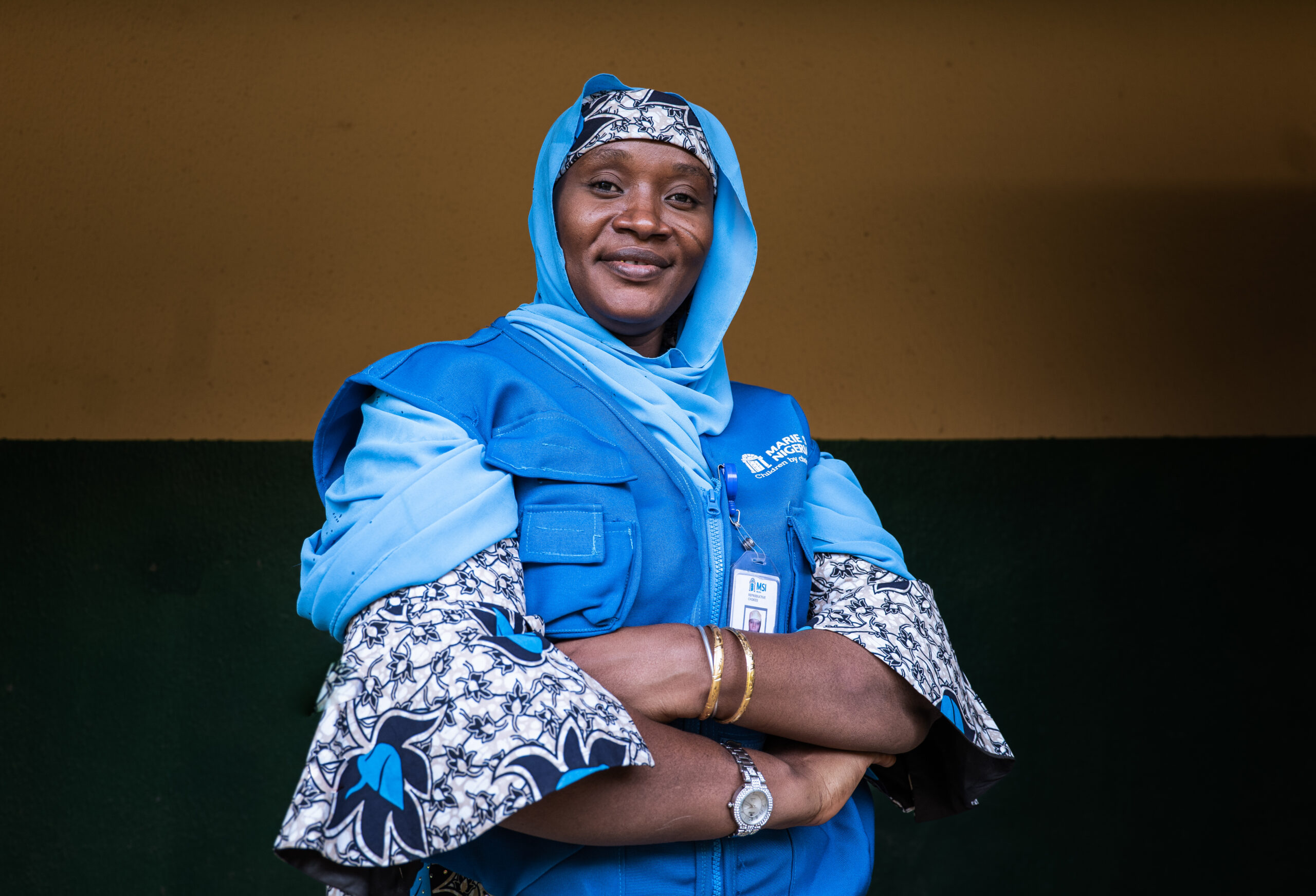
What are grassroots organisations and how does MSI partner with them to push forward on reproductive rights?
MSI’s Advocacy Advisor, Fatou Janssen, shares her wisdom with us.

When it comes to my job advocating for sexual and reproductive healthcare and rights, there isn’t a one-size-fits-all approach. We work in 37 countries across five continents, each with vastly different cultural and legal landscapes, so variety is a given.
There’s only one thing that I always know to be true across the globe: locals are the experts.
I have the privilege of working with many passionate and committed local people in West and Central Africa, including MSI programme staff serving their own communities, and others who are simply stepping up to take responsibility and action. These self-organising groups are often referred to as the grassroots, meaning ‘ordinary people’. But in my experience, they’re anything but ordinary.
These groups have unbelievable knowledge, expertise and drive. They share the same vision that MSI does: a world where everyone has real access to sexual and reproductive healthcare. But they often don’t have the same resources or opportunities to influence that we have as a global reproductive healthcare provider. That’s why we work together.
Working with these groups means we’re not limiting ourselves to a reproductive healthcare niche. We provide services in the broader environment where a lack of access to sexual and reproductive health and rights is not the only issue people are facing. So we’re working in coalitions with diverse organisations representing different types of people (like young people, people living with disabilities, LGBTQI+ communities, parents, and religious leaders) and specialising in many different issues and sectors (like climate change, gender-based violence, poverty, or refugee rights). The truth is we’re all working towards the same thing: people protecting and fulfilling their human rights. It’s important that we can understand and communicate how our issues are interlinked. Coming together in coalition, we’re stronger.
Grassroots organisations have power, connections and knowledge

Local people and organisations know what can and can’t be done, and which advocacy tactics and strategies are likely to work. They know this because they’re the ones living it. A lack of reproductive rights is having a direct impact on their health and lives, or those of their loved ones.
Our partnerships with them open doors for MSI. For example, as part of a local coalition in Tanzania working to reduce maternal mortality from unsafe abortion, our grassroots partners have introduced us to connections that we wouldn’t otherwise have had, like a lawyers’ association with local judges, state attorneys and political decision-makers. We’ve been able to forge links with decision makers and have the challenging conversations needed to get reproductive health and rights on the agenda. We were excited to see progress this year when a Tanzanian MP raised the issue of unsafe abortion in Parliament – a major first for the country. More public debate around the issue can move us closer to a future where unsafe abortion is a thing of the past.
Grassroots organisations can be powerful, especially when working in coalition. For example, a family planning coalition in Niger is currently advocating for increased funding for family planning, working with the Ministry of Health to make this a reality. Securing more funding would be a huge step towards the country’s ten-year goal of increasing the prevalence of contraception by 15%.
The truth is, whether employed by MSI or working in community-based grassroots groups, local people are the ones leading this change and fighting for their own rights – we’re just putting the support of our global organisation behind them.
MSI is here to empower, strengthen and support
The way I like to think about it is that local people are the ‘senior advocates’ and we are the ‘juniors’ – we’re here to support in whatever way works best for them.
MSI provides grassroots groups with technical support like sharing data and best practices for evidence-based advocacy, mentoring, upskilling groups on effective communications, and helping them navigate political processes. And we also provide financial support, helping them to grow stronger and more resilient as organisations and coalition partners.
One example that’s close to my heart is our mentoring of an inspiring youth organisation in Mali that recently made it to the semi-final of the Ouagadougou Partnership Youth Competition. We’re coaching them on the best methods of advocacy and marketing, how to influence decision-makers, and how to pull together a targeted advocacy strategy. It’s a real honour for me to take the expertise MSI can offer and use it to support these young people to advocate for their own reproductive health and rights.
MSI also uses our credibility as a service provider and our good relationships with governments to make sure our grassroots partners are included in the national and global discussions that will inevitably affect them. This means when we’re invited to help design or consult on policy decisions, we’re in a good position to bring our local grassroots partners to the table.
An example is in Niger, where last year we helped grassroots youth groups meaningfully participate in the design of the national family planning strategy. Let me tell you – these young people are amazing. They managed to get new adolescent-focused objectives and indicators included in the plan for the first time!
Working as allies to secure a better future
I’ve learned that advocacy will only work if people at all levels are involved. Local community members and grassroots organisations, professional associations of obstetricians and midwives, global non-governmental organisations and donors, and local, district and national governments. Every group has a unique vantage point and a role to play. We need them all.
In advocacy circles, we talk about creating an enabling environment. Imagine if all the outdated laws, policies and barriers that restrict reproductive rights were removed. Now add laws and policies that actively promote access to services like contraception and abortion care. And stigma? It no longer exists. People feel supported and free to choose the reproductive healthcare that’s right for them without fear of judgement. This is what an enabling environment looks like. It’s the kind of world we want to live in and the society we’re working to create.
Every single day, grassroots organisations in local communities around the world are fighting for this, and my passionate MSI team members and I are with them every step of the way. We’ll all keep fighting for as long as it takes.
By Fatou Janssen, MSI’s Regional Advocacy Advisor









